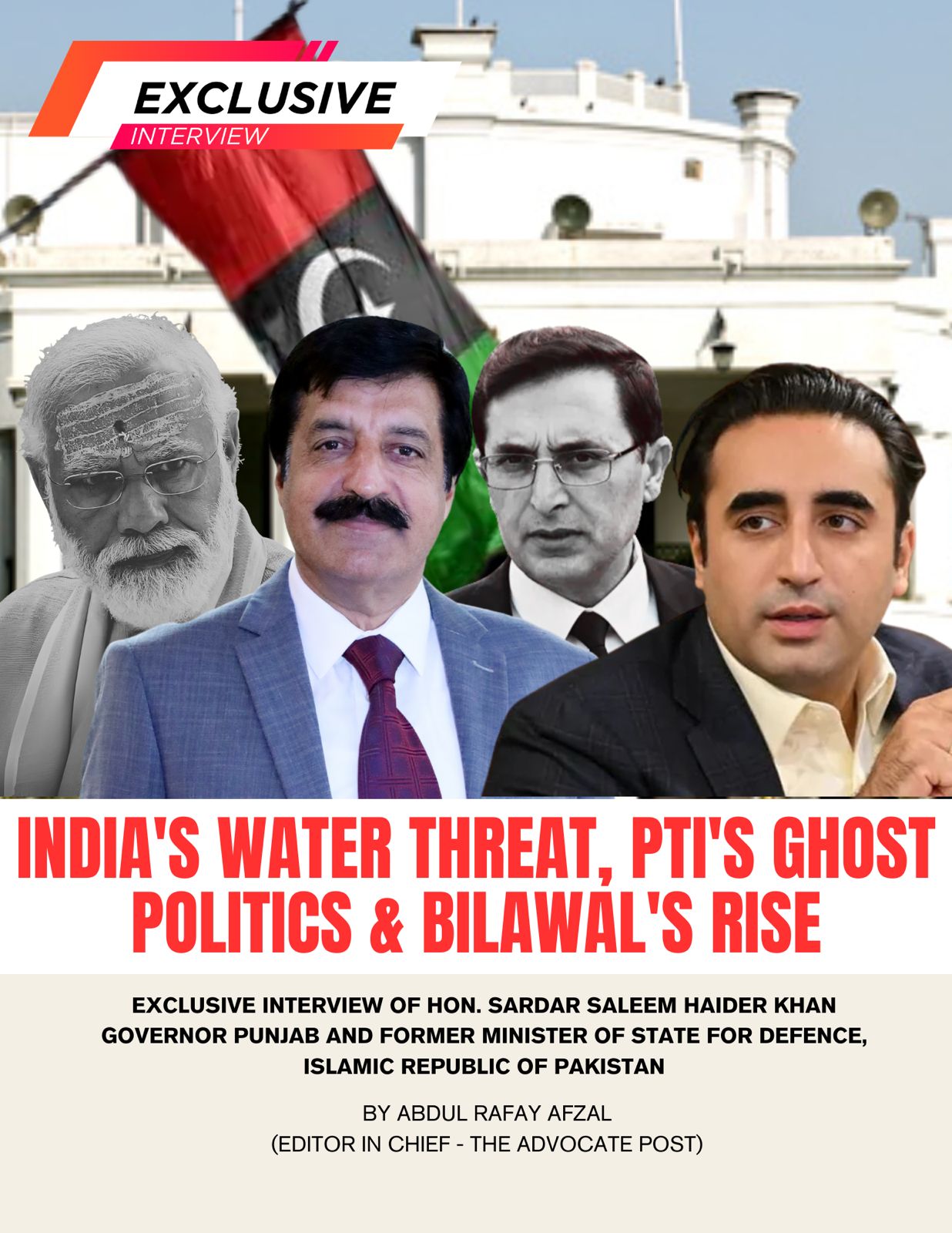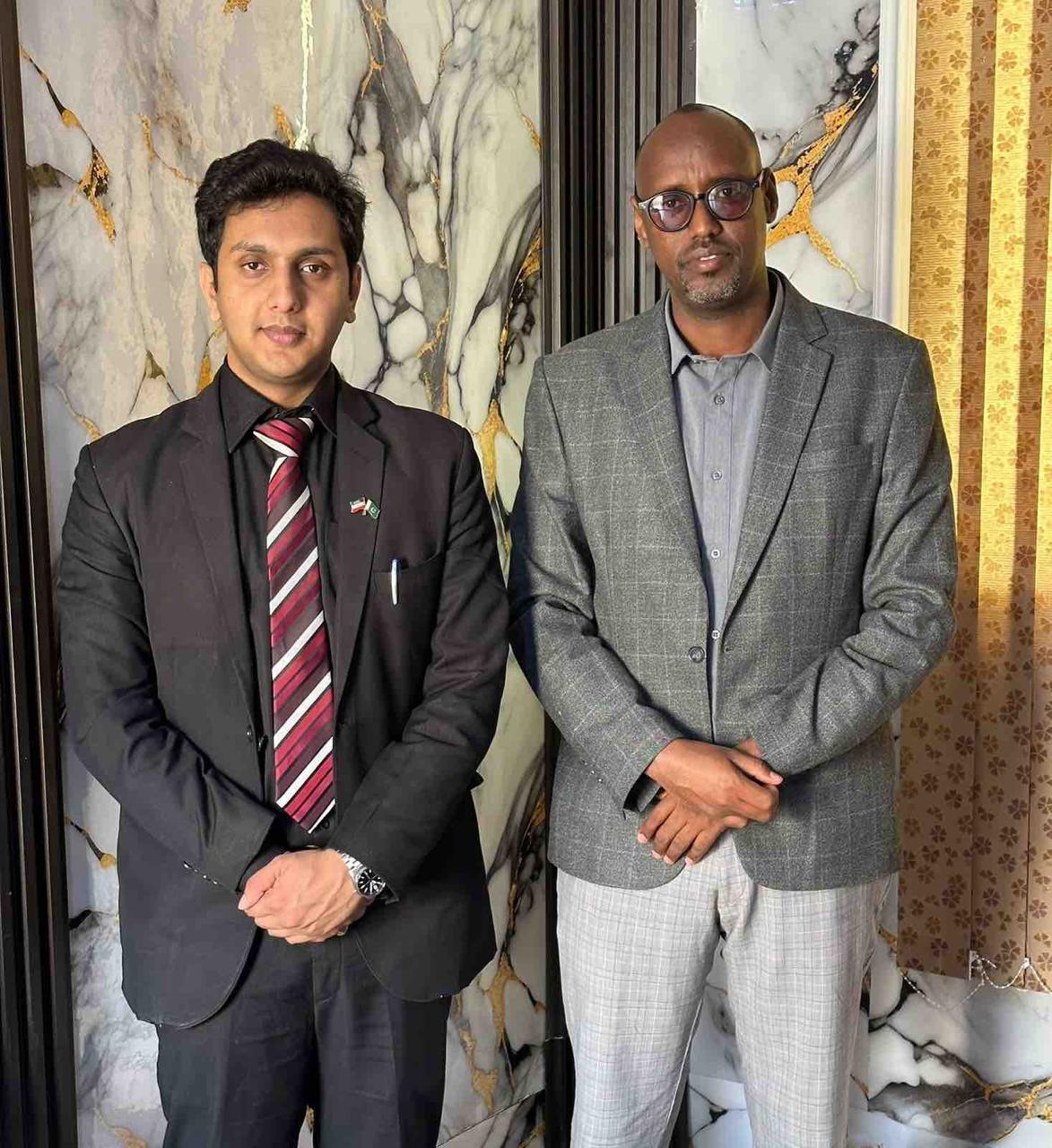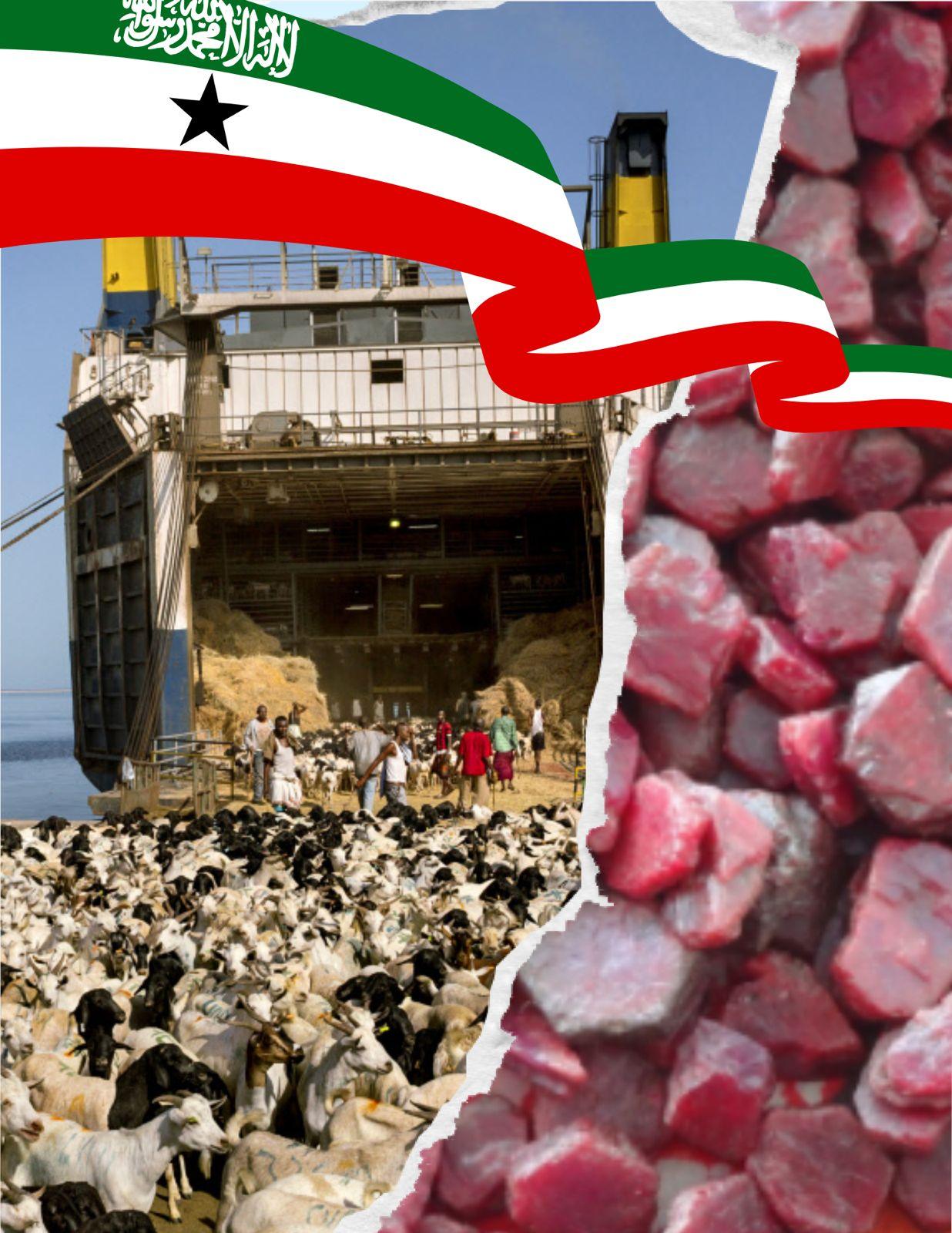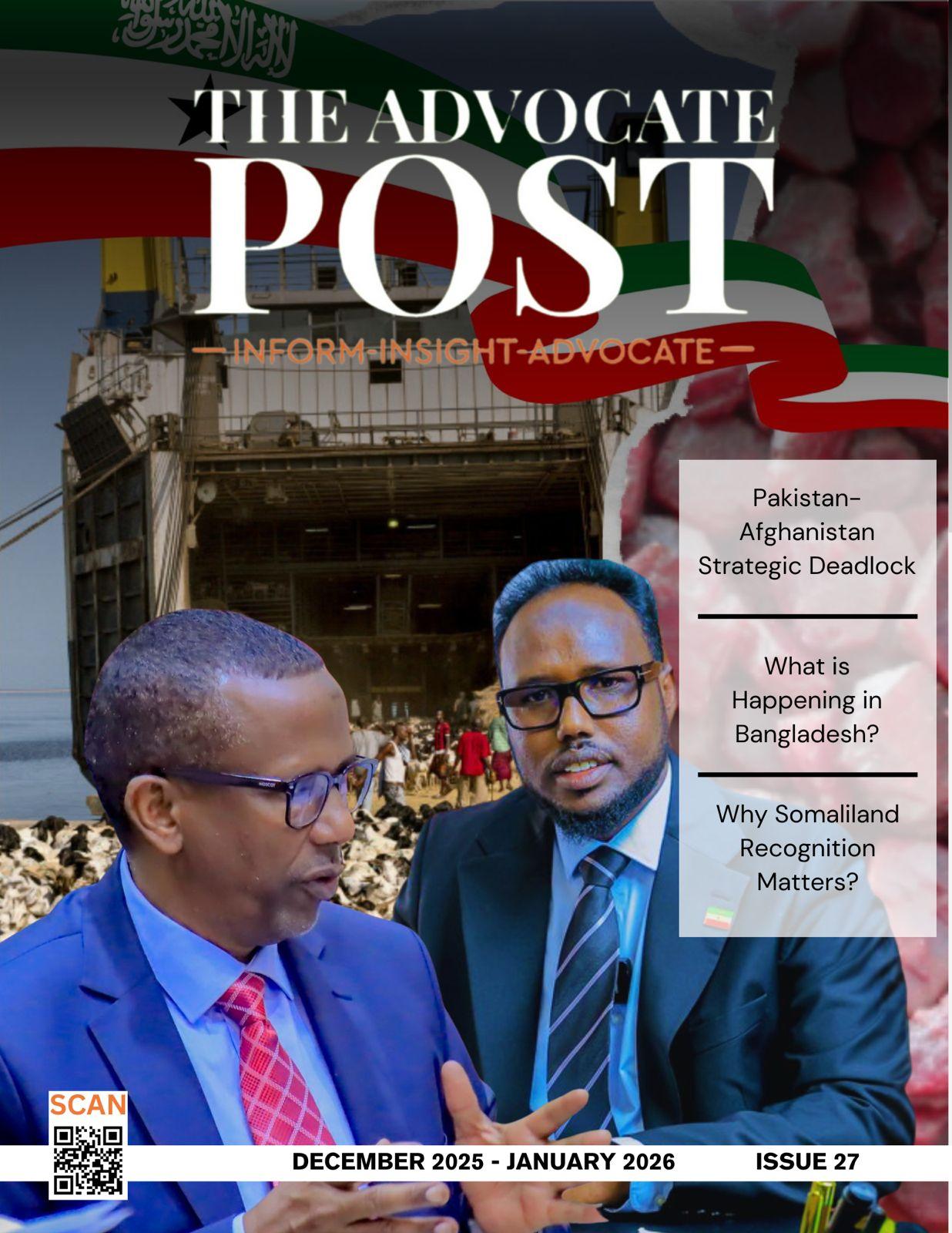India’s Water Threat, PTI’s Ghost Politics & Bilawal’s Rise
By Abdul Rafay Afzal (Editor in Chief – The Advocate Post)
In an era of geopolitical upheaval, climate crises, and shifting alliances, Pakistan’s Punjab Province is emerging as a unlikely epicenter of diplomacy, education, and economic resurgence. At the helm is Governor Sardar Saleem Haider Khan, a seasoned statesman, former Defense Minister, and architect of Punjab’s bold global outreach. In this exclusive interview with The Advocate Post, Governor Khan addresses India-Pakistan tensions, coalition stability, agrarian justice, and Pakistan’s burgeoning ties with Africa and beyond.
Q. Rising India-Pakistan tensions dominate headlines. As a former Defense Minister, how should the world interpret Islamabad’s stance?
First, let me state unequivocally, Pakistan stands resolute, dignified, and prepared to defend every inch of its sovereignty. I commend our Armed Forces and the leadership of Army Chief General Asim Munir, whose professionalism and restraint in recent months have prevented escalation while maintaining strong deterrence. India’s unilateral actions on water and borders threaten regional stability. The Indus Water Treaty isn’t just a bilateral issue, it’s existential. As someone who served in the Ministry of Defense, I understand that real strength lies in clarity, not chaos. The world must see that Pakistan desires peace but is never unprepared.
Q. Coalition governments often falter in South Asia. Can the PPP-PML-N alliance survive?
It’s not just sustainable — it’s essential. Both PPP and PML-N have matured politically. It is an alliance not based on desire but for Pakistan. Pakistan Peoples party always talked and advocated for the unity of Pakistan and will be doing that in the future as well. PPP is facing dent on its politics due to this alliance, but I must say we are from Pakistan, and it is our priority.
Yes, our workers face a dent, but Pakistan comes first. PML-N must understand: this isn’t a one-way street. We’ve held meetings but yet power-sharing remains murky. Let me be straight forward: if PML-N stalls reforms, PPP will reclaim its street power. We are in coalition but will always speak whenever it is important for the welfare for the people of Pakistan.
Q. You’ve been a vocal advocate for farmers, particularly regarding wheat procurement issues. How does agrarian justice factor into your governance priorities?
Agrarian justice isn’t just a policy focus, it’s a moral imperative for my administration. The current system is rigged against our farmers: they shoulder backbreaking input costs, only to face delayed payments and exploitative middlemen. This isn’t just economic mismanagement—it’s institutionalized injustice.
As the political heirs of Zulfikar Ali Bhutto’s land reforms, the Pakistan Peoples Party has always stood with the tillers of this land.
The revival of Pakistan’s economy begins in these very fields. When we protect our farmers, we’re safeguarding national food security, economic stability, and the social contract itself. This isn’t merely about crop yields—it’s about restoring dignity to those who feed our nation.
Q. As Chancellor of all public universities in Punjab, what is your global vision for higher education?
Punjab’s universities must not operate in silos. I envision Global academic collaboration, joint research, student mobility, technology zones, and innovation parks. Our Vice Chancellors’ Conference has set the tone for stronger governance and international partnerships. We are particularly keen on collaborating with institutions from Europe, Central Asia, and the Middle East. Additionally, climate resilience and AI-based innovation are emerging as top academic priorities.
Q. Under Pakistan’s “Focus Africa” policy, is Punjab planning any outreach toward African nations, for students from Sudan, Ethiopia, Libya, or Somaliland etc.?
Absolutely. Our doors are open. African students are not just guests; they are potential ambassadors of our shared future. Punjab’s universities are preparing to offer special scholarships, facilitate student visas, and expand their English-medium graduate programs for African applicants. Education is a form of soft power — and I believe Punjab can become a key node in the Africa-South Asia knowledge corridor. We are open for collaborations with universities from all around the world.
Q. Recently, you met with representatives from chambers of commerce and overseas business groups. How are you linking Punjab to global trade?
Punjab has to step out into the world. Our chambers of commerce are now connecting with counterparts in New York, Tehran, Dubai, and beyond. We’re promoting trade, investment, and tech exchange. My vision is economic diplomacy led by provinces — and I’m proud to say Governor House Lahore is at the forefront of that movement. We welcome all come work with us collaborate and get prosperous together.
Q. Why is PTI absent from national dialogue?
PTI lives in a fantasy world. They want solutions from ghaib (the unseen) instead of Parliament. Meanwhile, President Zardari—the King of reconciliation—has open arms. Let me say this: if PTI wants to return, ditch the conspiracy theories and sit at the table. Pakistan’s crises need statesmen, not social media trolls. If they keep living in their delusional World, sooner or later they have to wake up from the day dreaming.
Q. You recently met with Pakistan’s Ambassador to Iran and discussed educational and trade exchanges. Could you elaborate on this diplomacy?
Pakistan and Iran share more than a border — we share history, culture, and faith. In my meeting with Ambassador Mudassir Tipu, we agreed that we must move beyond rhetoric and into action. Facilitating pilgrim travel through a proposed office in Mashhad is one step. But we also discussed bilateral trade — particularly in agriculture and livestock. We want to see academic exchanges between our universities and Iranian institutions, especially in religious studies, agriculture, and medicine.
Moreover I had meetings with different delegations and ambassadors of friendly counties as well. We are open and looking forward for enhanced cooperation and collaboration in every fields of mutual interests.
Q: PPP is seen as a Sindh-centric party. Can it revive in Punjab?
We’re already storming Punjab. Our tanzeem sazi (organizational rebuild) is mobilizing youth in Lahore, Faisalabad, KPK and other. Bilawal Bhutto’s rallies are drawing thousands, not with Jalsas, but with a manifesto: free education, healthcare, and tech hubs. Mark my words: Pakistan will crown Bilawal as Pakistan’s next Prime Minister.
Q. As the Governor, what is your definitive message to the people of Punjab, Pakistan, and the World at this critical juncture?
To Punjab’s Farmers: Your sweat feeds this nation, and your struggle is my struggle. We will break the chains of exploitation—ensuring fair prices, timely payments, and your rightful share of water. No more empty promises; only action.
To Pakistan’s Youth: This is your time. Education, jobs, and justice are not privileges—they are your rights. We will build a Punjab where talent, not connections, determines success.
To Pakistan’s Political Leaders: Stop playing games while people suffer. Unity is not surrender—it is strength. The PPP will work with all who put Pakistan first, but we will never compromise on principles.
To India & the World: Pakistan seeks peace, but we will not kneel. The theft of our water, the threats to our sovereignty—these are red lines. The world must act against this injustice, or history will judge its silence.
To Global Partners: Invest in Punjab’s future—our fields, our factories, our universities. This is not charity; it is shared destiny.
Punjab and Pakistan is rising—not through empty slogans, but through sweat, justice, and unshakable resolve. Join us, or stand aside. The revolution has begun
Editor’s Insight:
In an age of fragmentation, Khan’s focus on education, water, and provincial diplomacy taps into trending crises—making this interview a viral blueprint for 21st-century statecraft.
Abdul Rafay Afzal is the Editor in Chief of The Advocate Post and Pakistan’s youngest international journalist. He writes perceptive columns on geopolitics, international relations, and legal affairs etc. in more than 15 countries providing unique insights into the global landscape in different Pakistani and International Newspapers and Media outlets in English & Urdu languages. He can be reached at @arafzal555 on instagram or email rafayafzal555@gmail.com






